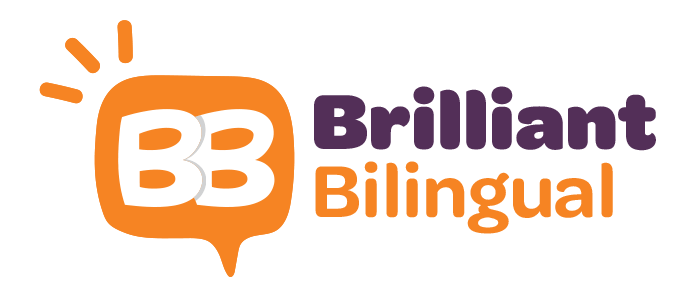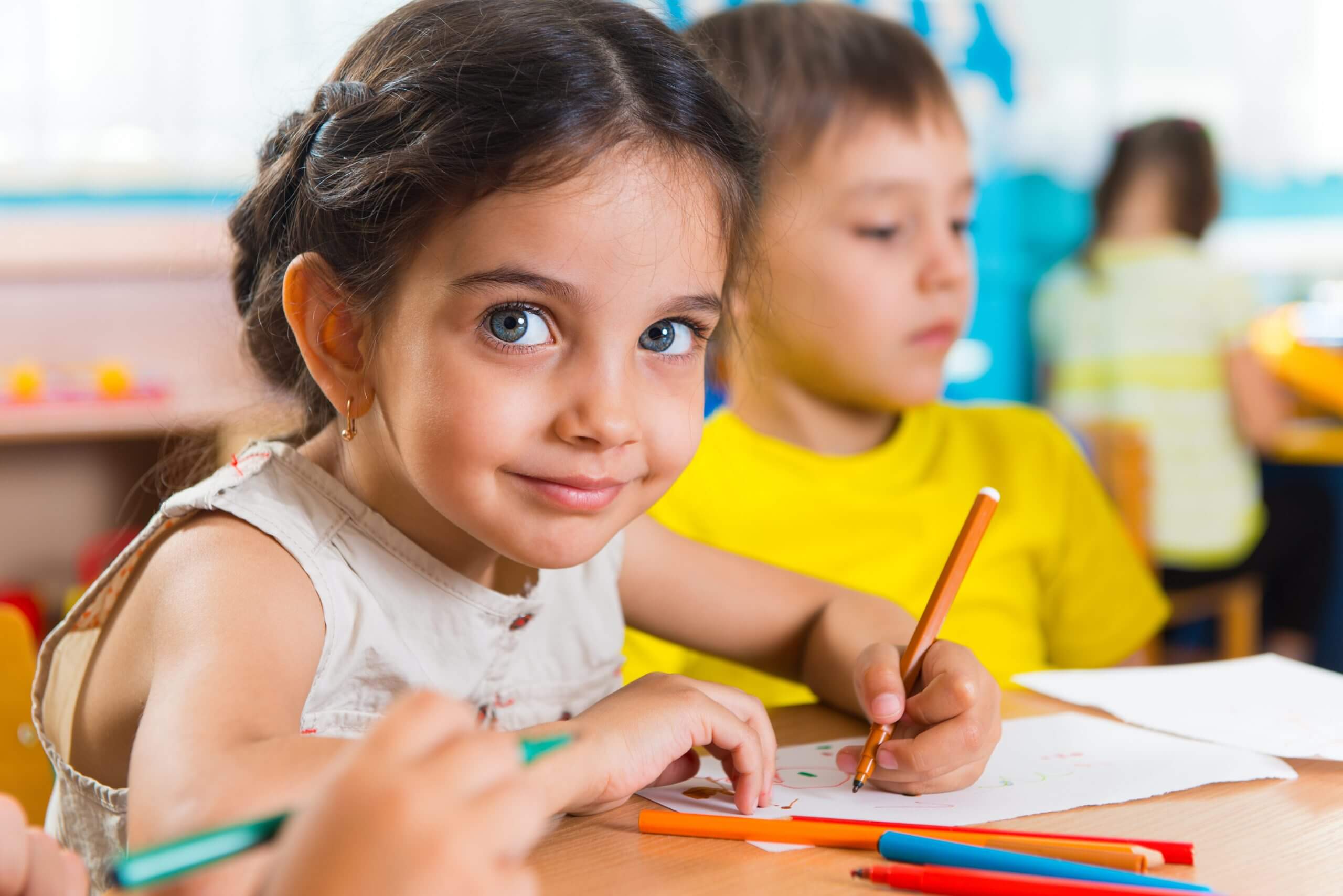Is there really anyone out there that would disagree? Doubtful. Sure, everyone seems to know that earlier is better, but why isn’t everyone doing it? Many well-intentioned parents just aren’t sure exactly how to “start”, especially when they don’t speak the language themselves.
No matter when you start or what your dominant language is, there’s good news. Read on.
It’s true! Among many other desirable things, the fountain of youth is overflowing with advantages in language learning. From birth to around age 8, children have greater brain plasticity. This allows them to handle new language almost effortlessly. In fact, the birth to 8 (or so) age range has been commonly referred to as the “critical period.” Research shows that people who learned language in early childhood are the most likely group to later speak at a native-like level. This is especially true in terms of pronunciation, or having a foreign accent. Education Week also points out that early second language learning makes it easier to learn a third, fourth and so on.
Let’s take me, for example. I didn’t start learning Spanish until age 15, which technically makes me a late bilingual (yes, this is really a thing). Yet, I managed to achieve fluency. And, here’s the kicker . . . at times, I’m mistaken as a native Spanish speaker by other native speakers — the ultimate badge of honor. This clearly throws the idea of missing any so-called critical period out the window.
If you’re now more confused than ever, allow me to let you in on this little secret: there are more factors than age that help learners win at a second language. Aptitude is one of them. Think about this: Surely you’ve met someone who has a “natural knack” for languages. Just like there are natural athletes, artists, etc., some folks just have an innate giftedness for language learning. This may even be something you’ve noticed in yourself or your child.
Another factor is the teaching method used to educate your child. This point is a simple one: Not all language teaching is effective language teaching. Research evidence shows that, to achieve success, learners need authentic opportunities to simulate the pressures and demands of real conversation. Learners also benefit when language lessons appeal to multiple learning styles. This is why we carefully crafted Brilliant Bilingual enrichment programs to be immersive. We also appeal to diverse learning styles through music, performance, movement, technology and conversation practice (yay!).
Of course, exposure also makes the win happen. If you want to see your child responding more to the language and trying it out more, offer him/her chances through: your home environment (more on that coming soon in the parent guide), technology and school enrichment programs .
The takeaway here is that regardless of the age your child starts learning a new language, s/he can win if you focus on maximizing the factors you can control and forgetting about the ones you can’t.
What you can do now
Check in with yourself to see if you need a tune-up in any of the areas below:
Before you break out the bilingual dictionary, here is something to know — winning at language is first and foremost a mindset, more than it is an ordered list of to-dos. If you’ve already started, great!
- Relax - As this article has shown, each child learning a new language has an array of factors that can work in his/her favor. Don’t stress about having missed any opportunity. Your child will be ready to jump in when the next opportunity arrives.
- Commit - Over the next few months, your parent guide will offer you several resources and tips to begin building an environment for language learning at home. To maximize results and motivation in your child, consistency is key. Are you prepared to commit 15 minutes, 3-4 times a week to support the language learning process?
- Be a student with your child - The most successful cases of childhood language learning I’ve seen are a family affair. When parents learn a language with their children, it not only sets a positive tone for the child, it creates a new point of bonding, something special that you both share. Whether it’s a few phrases or you sign up for our fun online Spanish classes, your learning will motivate your chiquito/a! Try our convenient online adult classes!
Facebook
Twitter
LinkedIn
Pinterest



